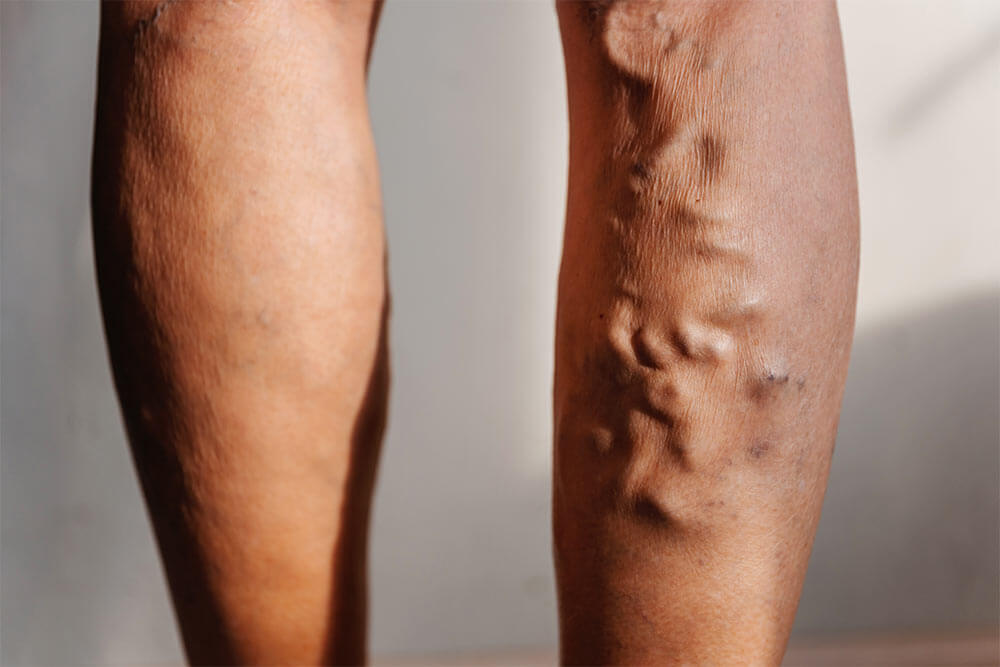Acute health conditions occur suddenly, whereas chronic conditions produce symptoms that are ongoing. Occasionally, chronic illnesses produce acute conditions. Osteoporosis, which is a chronic condition, may cause a patient to break a bone, which requires acute care. Acute conditions can also occur independently of chronic illnesses. Examples include injuries, headaches, sudden chest pains, first-time asthma attacks, and contagious diseases like chicken pox. Sometimes, an acute health problem can lead to the discovery and diagnosis of an underlying chronic condition, such as cardiovascular disease. It is important to seek medical attention for any health complication, whether chronic or acute.
Did you know…
that approximately 1 out of every 2 American adults live with at least one chronic illness? According to the Centers for Disease Control, many of these diseases are highly manageable with medical oversight and lifestyle modifications. Acute conditions are also common – representing more than 350 million urgent care visits per year.
Frequently Asked Questions
Should I seek management of an acute or chronic condition?
Yes. Both acute and chronic conditions can worsen and become potentially life-threatening without medical attention. Some conditions are more serious than others, but only a doctor can determine the best course of treatment for you.
What types of treatments are available to manage acute health problems?
Acute health problems are often brought on by viruses, bacterial infections, or injuries. Treatment of acute conditions can vary from a prescription for an antibiotic to resetting a broken bone. Our urgent care center is fully equipped to handle many types of acute health conditions and symptoms.
What types of treatments are available to manage chronic illnesses?
The treatment of chronic disease requires periodic doctor visits, as well as a combination of medical interventions and lifestyle modifications. The CDC cites four major factors – poor eating habits, smoking, alcohol consumption, and a lack of physical activity – as the primary components driving much of the chronic disease in America. By eliminating poor habits, adopting a healthier lifestyle, and taking medications as prescribed, patients living with chronic illnesses may be able to stabilize and even reverse their symptoms.



